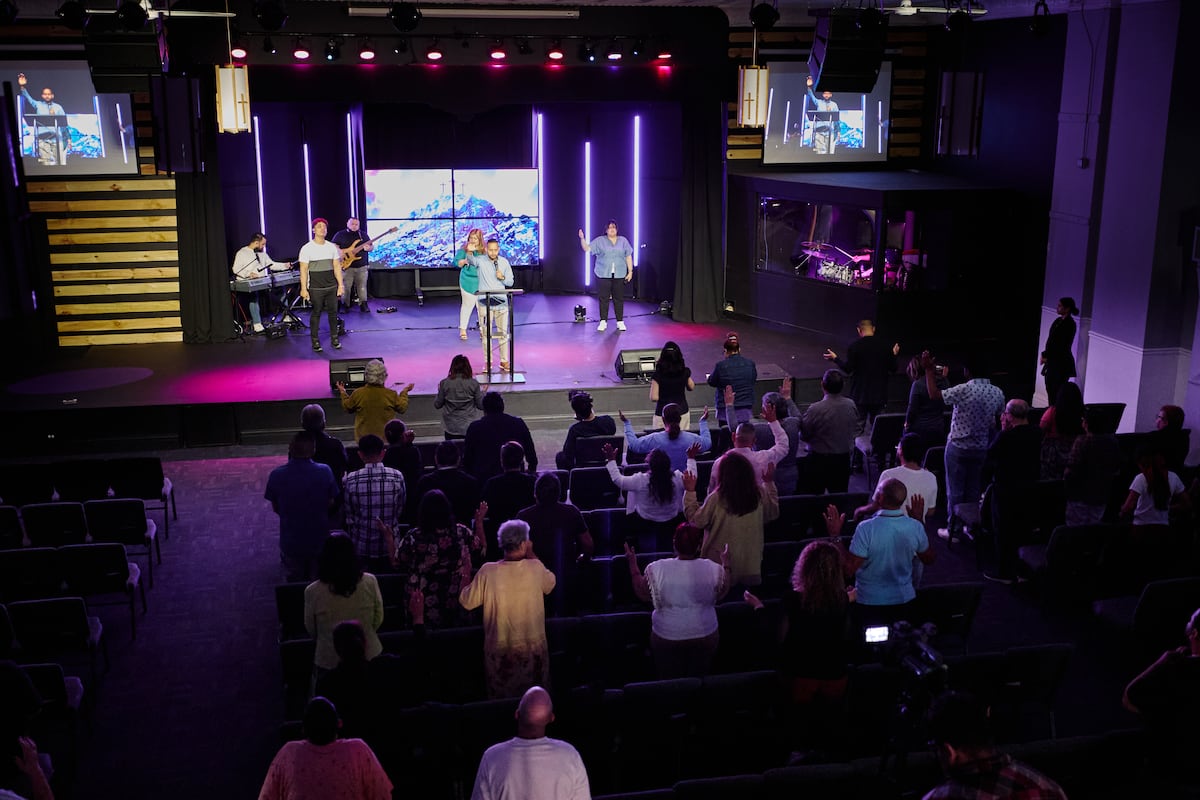The Christian faith among Latinos is on the rise as the country becomes less and less religious. Fueled by new immigrants and a community in search of belonging, it points to the growing conservatism among the traditionally Democrat voter base
A Sunday sermon in a Latino evangelical church in the United States takes place between moving songs with a live band and speeches from a pastor who uses familiar, even colloquial, language. It is not a particularly solemn event. The only thing that makes it similar to Mass is the constant mention of Jesus. Empirical evidence says that this is a good for the church’s goal, which is one of the foundations of evangelism: increasing followers.
While other religious denominations are losing members, the Latino evangelical churches are growing at a remarkable pace. It is a phenomenon that is going a little under the radar — religion in general is of less and less interest — but that, in a planned way, is changing the balance of religion’s immense power in the United States. It is also fragmenting the Latin electorate, traditionally closely aligned with Democrats: amid the rise of evangelism, these voters are becoming increasingly conservative.



This is another example of the realignment that is happening. Democrats are more and more the party of the college-educated and Republicans the party of the non-college-educated. Race and ethnicity is less and less important.